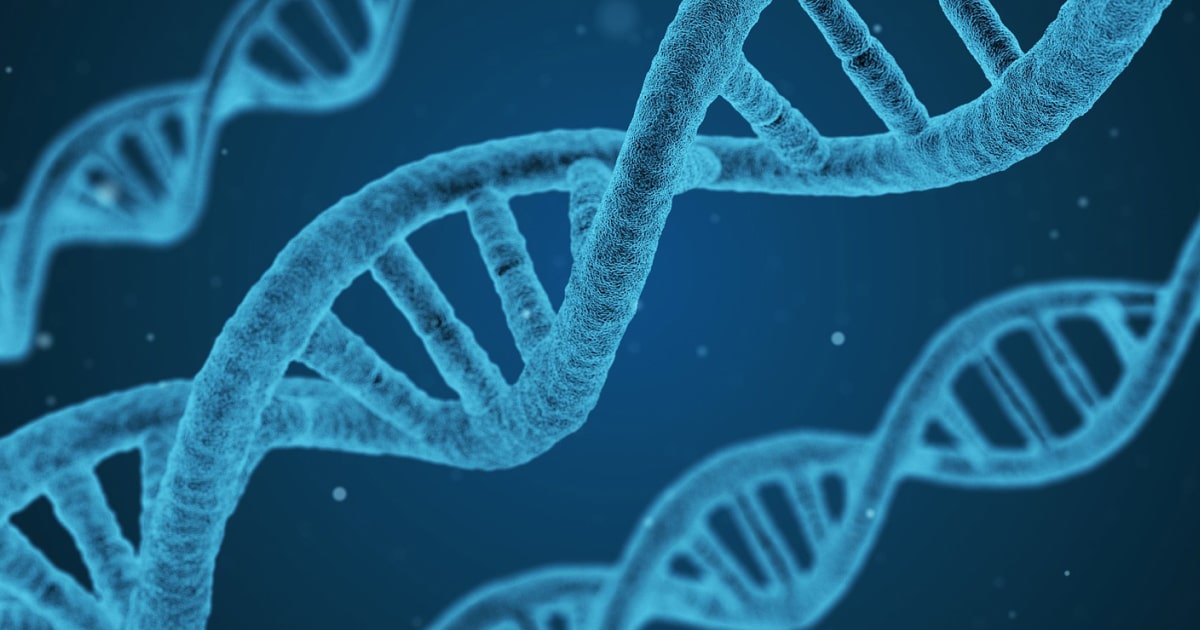
Expert Reviewed By: Dr. Brandon Colby MD
In the realm of genetic disorders, autosomal recessive nonsyndromic hearing loss 70 (ARNSHL 70) stands as a testament to the intricate dance of genes and their profound impact on human health. This condition, rooted in the delicate interplay of genetic mutations, often goes unnoticed until the manifestation of hearing loss. With advancements in genetic testing, however, the veil is lifting, offering hope and clarity to affected families.
Understanding Autosomal Recessive Nonsyndromic Hearing Loss 70
ARNSHL 70 is a type of hearing loss that is not associated with other syndromic features. It is inherited in an autosomal recessive manner, meaning that two copies of the mutated gene are required for the condition to manifest. This disorder is often linked to mutations in the MYO15A gene, which plays a crucial role in the development and function of hair cells in the inner ear, essential for hearing.
The Role of Genetic Testing
Genetic testing has revolutionized the way we approach conditions like ARNSHL 70. By analyzing an individual's DNA, it is possible to identify specific genetic mutations responsible for the disorder. This not only aids in accurate diagnosis but also opens doors to personalized management strategies.
Early Diagnosis and Intervention
One of the primary benefits of genetic testing is the ability to diagnose ARNSHL 70 early. Early diagnosis is crucial as it allows for timely interventions, such as hearing aids or cochlear implants, which can significantly improve the quality of life for those affected. In the case of a novel biallelic frameshift variant in the MYO15A gene, identified in a Saudi family, genetic testing was pivotal in pinpointing the mutation and understanding its implications.
Understanding Genetic Heterogeneity
ARNSHL 70 is characterized by genetic heterogeneity, meaning that different genetic mutations can lead to the same clinical presentation of hearing loss. Genetic testing helps unravel this complexity by identifying the specific mutation in each affected individual or family. This understanding is crucial for developing targeted therapies and for conducting further research into the condition.
Implications of Consanguinity
In certain populations, consanguinity, or the practice of marrying within the same family, can increase the risk of autosomal recessive disorders. Genetic testing is particularly beneficial in these contexts, as it helps identify carriers of the mutation within families, enabling informed reproductive choices. The study of the Saudi family with a novel MYO15A mutation underscores the importance of genetic counseling in communities where consanguinity is prevalent.
Personalized Treatment Plans
Once a genetic mutation is identified, healthcare providers can tailor treatment plans to the individual's specific needs. For instance, knowing the exact genetic cause of hearing loss can help determine the most effective hearing devices or therapeutic interventions. This personalized approach enhances the efficacy of treatments and improves patient outcomes.
Facilitating Family Planning
For families affected by ARNSHL 70, genetic testing provides valuable information for family planning. Prospective parents can undergo carrier testing to assess their risk of passing the disorder to their offspring. This information empowers families to make informed decisions and consider options such as prenatal testing or preimplantation genetic diagnosis.
Conclusion
Autosomal recessive nonsyndromic hearing loss 70 is a complex condition with significant implications for affected individuals and their families. Genetic testing serves as a powerful tool in unraveling this complexity, offering insights into the genetic underpinnings of the disorder and guiding personalized treatment strategies. As research continues to advance, the hope is that genetic testing will not only aid in diagnosis but also pave the way for novel therapies and improved outcomes for those living with ARNSHL 70.
For further reading, please refer to the study on the novel biallelic frameshift variant in MYO15A in a Saudi family, which highlights the genetic heterogeneity and impact of consanguinity in this context. [Semantic Scholar](https://www.semanticscholar.org/paper/f092f11ced349d07585c49d11a33af3e4c...)
About The Expert Reviewer
Dr. Brandon Colby MD is a US physician specializing in the personalized prevention of disease through the use of genomic technologies. He’s an expert in genetic testing, genetic analysis, and precision medicine. Dr. Colby is also the Founder of and the author of Outsmart Your Genes.
Dr. Colby holds an MD from the Mount Sinai School of Medicine, an MBA from Stanford University’s Graduate School of Business, and a degree in Genetics with Honors from the University of Michigan. He is an Affiliate Specialist of the American College of Medical Genetics and Genomics (ACMG), an Associate of the American College of Preventive Medicine (ACPM), and a member of the National Society of Genetic Counselors (NSGC)